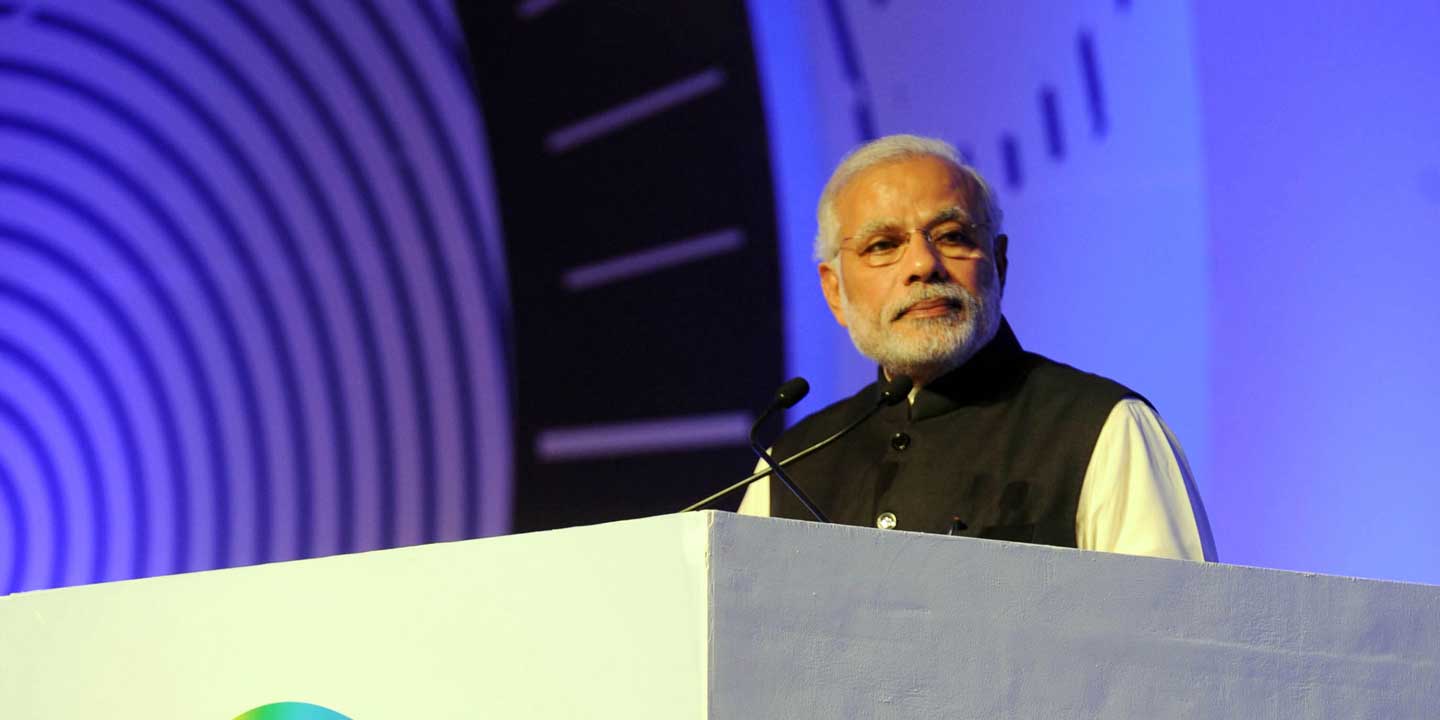Context
- India has adopted a more muted approach to Russia’s invasion of Ukraine so far, affirming its neutrality and maintaining its policy of strategic autonomy. This is part of a spectrum of diverse responses from Asian governments.
- India has not been exempt from the effects of new supply chain challenges and economic sanctions. Particularly significant for New Delhi is the fact that agricultural commodity prices have been skyrocketing, impacting businesses across sectors.
Significance
- India’s agricultural sector, in particular wheat exports, are set to seize the gaps created in the global export market. With an expected record-high of 316.1 million metric tons of food-grain production and 112 million metric tons of wheat production this year, coupled with an early harvest season, the Indian agricultural sector may see unprecedented sourcing from international buyers.
- The Indian government is expected to roll out several measures in the coming weeks and months. Measures to be implemented include ensuring government-approved laboratories to test the quality of wheat for export, making extra rail cars available for transport and working with port authorities to give priority to wheat exports. In the medium-term, the government is also expected to double down on agriculture-specific production investments as part of its flagship Gati-Shakti multi-modal infrastructure initiative.
Implications
- Companies across the food, beverages, grain marketing, storage and logistics sectors can increasingly bank on surplus Indian food-grains, particularly wheat, to address global supply shortfalls.
- Companies should also be aware that advance orders and enquiries are already being issued for procuring Rabi (winter) wheat. Agreements are being signed for its export.
BGA will continue to keep you updated on developments in India as they occur. If you have any questions or comments, please contact BGA India Managing Director Ratan Shrivastava at ratan@bowergroupasia.com.


























